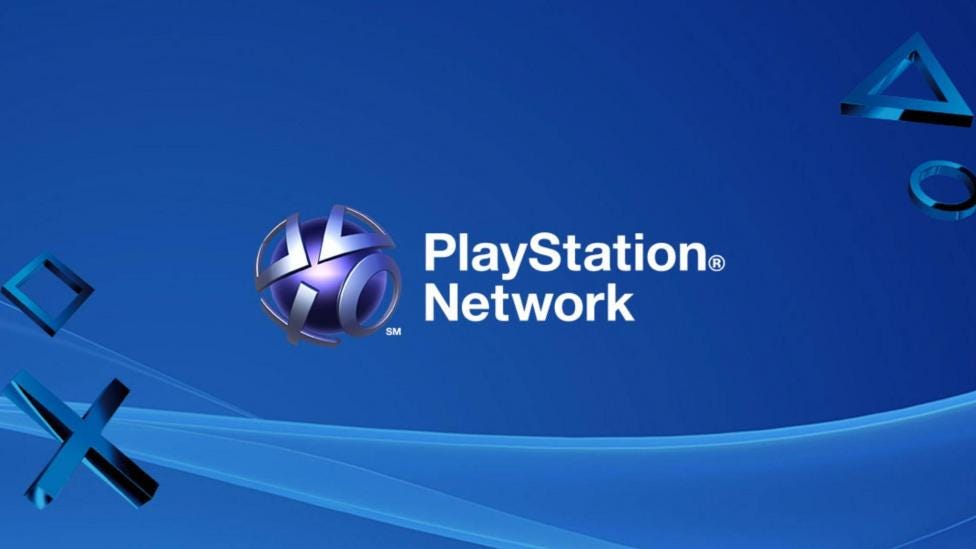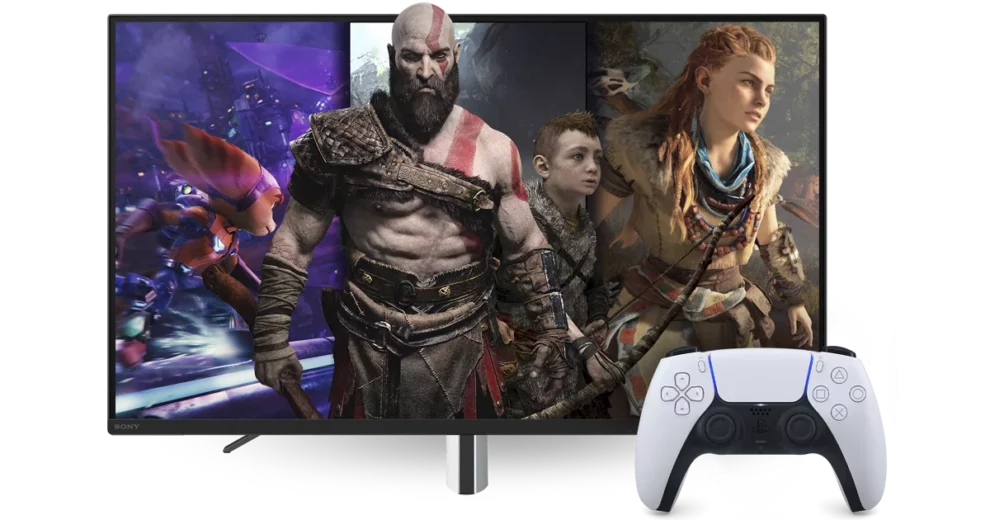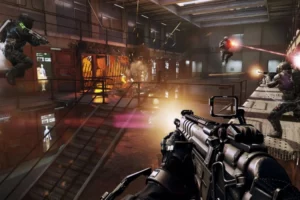Sony’s president Hiroki Totoki has defended the company’s controversial PlayStation Network (PSN) account requirement for PC games, framing it as a necessary measure to ensure safe gaming experiences. The statement, delivered during a recent investors call, signals Sony’s unwavering commitment to its digital ecosystem strategy, despite significant resistance from PC gamers.
The gaming giant’s position, articulated through Totoki, who serves as both president and chief financial officer, reflects a delicate balancing act between corporate control and user freedom. We have learned a lot,” Totoki acknowledged, addressing the company’s experience with PC gaming integration. His carefully worded statement emphasized the importance of creating an environment where gamers can enjoy titles safely, while maintaining what he described as necessary restrictions to preserve gaming order.
The controversy surrounding Sony’s PSN requirement reached a boiling point earlier this year with Helldivers 2, a game that initially launched without the PSN requirement due to technical issues. The game’s tremendous success during this “grace period” came to an abrupt halt when Sony announced the end of PSN-free access. The subsequent backlash from the gaming community was so severe that Sony was forced to reverse its decision, marking a rare victory for consumer protest in an increasingly regulated digital gaming landscape.
However, this temporary retreat proved to be just that – temporary. Sony’s subsequent actions have demonstrated an unwavering commitment to its PSN strategy. The company’s resolve became evident when Ghost of Tsushima’s PC port faced delisting on Steam in nearly 200 countries due to PSN requirements for its multiplayer mode. Following this, Sony confirmed that high-profile titles like God of War Ragnarök and Horizon Zero Dawn Remastered would also require PSN logins, extending the requirement beyond multiplayer experiences to single-player games.
This expansion of PSN requirements to single-player titles has raised eyebrows within the gaming community. While Totoki’s justification centers on live service games and maintaining a safe gaming environment, critics argue that requiring PSN accounts for offline, single-player experiences serves no practical purpose beyond expanding Sony’s digital ecosystem. The disconnect between the stated reasoning and actual implementation has led to increased skepticism among PC gamers.
The gaming industry’s landscape is showing mixed signals regarding account requirements. While Sony pushes forward with its strategy, other major players are taking different approaches. BioWare, for instance, has made a point of emphasizing that their upcoming Dragon Age: The Veilguard will be playable entirely offline, without any linked accounts. This divergence in approach highlights the ongoing debate about digital rights management and user freedom in modern gaming.
Despite the controversy, there are signs that the gaming community’s resistance might be weakening. God of War: Ragnarök, which initially faced negative reviews on Steam due to its PSN requirement, has since achieved a “very positive” overall rating. This shift suggests that while gamers may initially protest such requirements, practical considerations and the desire to play highly anticipated titles might ultimately lead to acceptance.
The situation draws parallels to the early days of Steam, Valve’s now-ubiquitous gaming platform. Many gamers initially resisted Steam’s mandatory installation for playing Half-Life 2, yet the platform eventually became the industry standard for PC gaming distribution. Sony might be betting on a similar trajectory for its PSN requirements.
While PlayStation Network accounts are free and require only a one-time setup process, the principle of the matter continues to irk PC gamers who see it as an unnecessary additional layer of complexity. The requirement represents more than just a technical hurdle; it symbolizes the ongoing tension between platform holders’ desire for control and PC gaming’s traditionally more open nature.
As Sony continues to expand its presence in the PC gaming market, the company appears prepared to weather short-term criticism in pursuit of its longer-term strategic goals. While the Helldivers 2 incident demonstrated that sustained user pushback can influence corporate policy, Sony’s subsequent actions and Totoki’s recent statements suggest that the company views PSN integration as fundamental to its PC gaming strategy rather than an optional feature.
The gaming community now faces a choice: continue resisting what many view as unnecessary digital restrictions, or accept them as part of the evolving gaming landscape. As more PlayStation exclusives make their way to PC, this tension between corporate control and user freedom will likely remain a defining feature of the gaming industry’s ongoing digital transformation.
















Add Comment